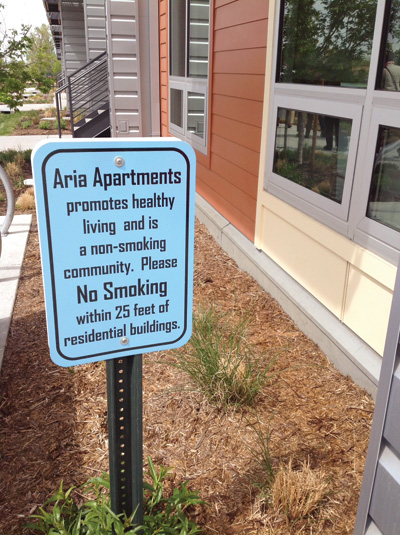Guy Perry
Executive Director, Buildings + Places, Asia Pacific, AECOM
Hong Kong, China
- For the foreseeable future, I cannot imagine a more important factor than health in shaping our environment—seemingly obvious, yet overlooked for decades. Though people are living longer, they are leading less healthy lives.
- Communities should help sustain people’s fitness without them even realizing it, keeping the personal trainer and the doctor as last resorts. I am determined to make human well-being-oriented planning and design the preeminent theme for how we shape our environment going forward.
